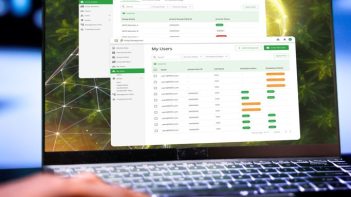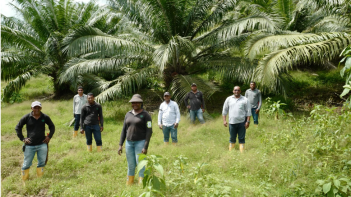The RSPO Secretariat is pleased to share the RSPO Smallholder (SH) Peat Best Management Practices (BMPs) Handbooks, which were developed by the Peatland Working Group (PLWG) and the SH-PLWG subgroup and endorsed by the Standard Standing Committee (SSC) on 25 November 2021.
These handbooks have been developed as guidance to support Criteria 4.4 and Criteria 4.5 of the RSPO Independent Smallholder Standard (RISS) 2019 for smallholders with existing cultivation on peat.
Listed below are the seven handbooks:
-
Introduction
-
Water Management – the flood risk assessment template is attached separately
-
Fertiliser and Nutrient Management for Peat
-
Integrated Pest and Disease Management
-
Best Management Practices for Operation
-
Fire Prevention
-
Case Studies of Best Management Practices Implemented
These handbooks were developed as a general guidance for smallholders. Note that only the requirements under RISS will be assessed for compliance during audit.
The RSPO Secretariat would also like to thank Koperasi Sawit Jaya and Koperasi Beringin Jaya from Indonesia, and Pertubuhan Tani Niaga Lestari (PERTANIAGA) from Malaysia who participated in pilot testing these BMPs. Their constructive feedback has been a great help in developing the content of these handbooks.
For any questions or clarifications, kindly reach out to [email protected]. Please note that, we are currently working on the translations for this BMP in Bahasa Indonesia and Bahasa Malaysia.
Keep reading

Access into prisma

Updated Trace Function in prisma

Call for Expression of Interest: Independent Investigation of a Complaint

Latin American Smallholders, Key Global Brands Gather in Peruvian Amazon to Advance Sustainable Palm Oil

RSPO Forum for Members and Certification Bodies 2025: Strengthening Capacities and Building Bridges with RSPO Members

From Violence to Prosperity: Cultivating Sustainable Palm Oil in San Pablo, Colombia

Palmas de Tumaco: Enduring, Trusting, and Transforming in Colombia’s Pacific Coast
Carry Over Credits for Certified Independent Smallholder Groups




